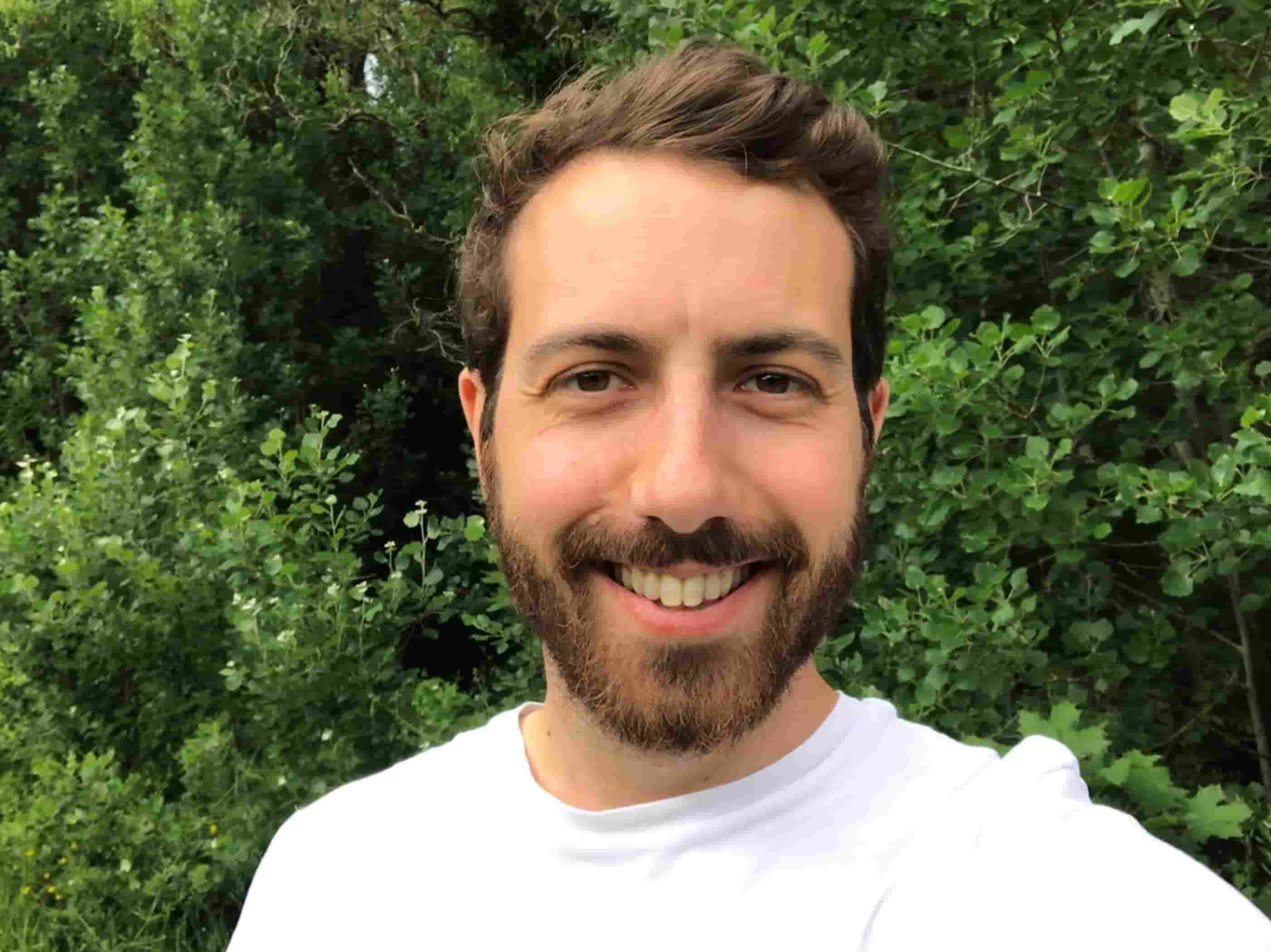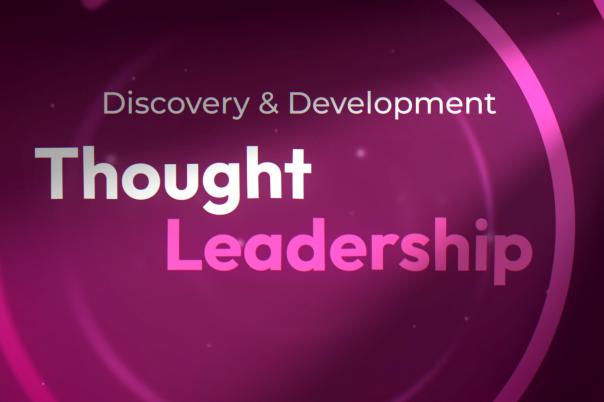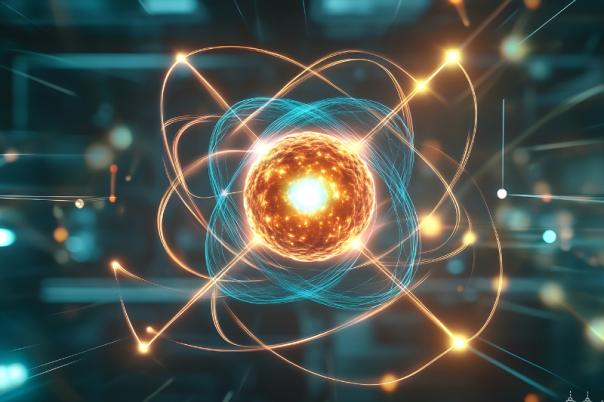Phil Noble, Head of Single B Cell Antibody Discovery at UCB, presented on the integration of wet and dry lab techniques to enhance antibody discovery and optimisation. Noble highlighted the increasing challenges in discovering high-quality therapeutics due to the complexity of targets and the need for antibodies with good function, high affinity, and specificity. He emphasised the need to ensure smooth transitions through lead optimisation and development to the patient.
Noble discussed UCB's strategy for antibody discovery, which involved starting with high-quality immune-derived repertoires from various sources, including humans, cows, and mice. The platform relied on automation to narrow down antibodies of interest and hit expansion optimisation, ultimately leading to a diverse panel of high-quality antibody hits. Computational tools and AI play a significant role in this process, driven by the expansion of large antibody datasets and computational power.
Noble explained the use of a fully automated, trackable robotics platform for memory B cell culture, which allowed for the rapid narrowing down of antibodies with desired binding profiles. The integration with IT infrastructure and data analytics enabled scientists to easily select and analyse antibody hits. He also discussed the use of orthogonal techniques, such as memory B cell culture and plasma cell niche mining, to access a larger sequence space and improve the diversity of antibody hits.
Noble highlighted the importance of early humanisation and developability predictions to ensure that antibodies had the desired functional properties and were suitable for therapeutic use. He mentioned the use of high-throughput humanisation tools and in silico predictions to improve antibody affinity and drug-like qualities.
In conclusion, Noble stressed the importance of improving antibody hits as early as possible in a therapeutic project to ensure that the best antibody made it to candidate selection and ultimately to patients.





